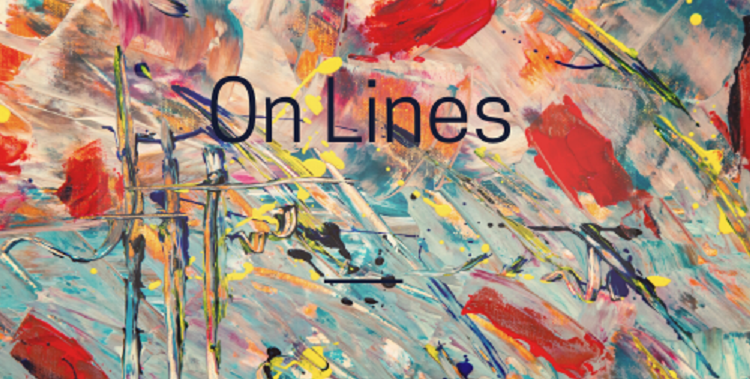Albus McInerney edits a literary magazine.
Patrice is French by nationality, a specialist in Comparative Literature by profession, and a poet (of the avant garde variety) by avocation; he lives in Hongkong. The present unpleasantness between China and the United States, together with domestic developments in both countries, may have a bearing on all of these things.
One might have expected poetry to be immune from the knee-jerk tit-for-tat of diplomatic disagreement, but the current geopolitical debate involves issues of principle as well as the insecurities of leaders in Washington and Beijing. Global power shifts have impinged on arguments about fundamental rights – the rights of ethnic minorities in China, for example, to maintain their own culture, or the rights of citizens in the United States to protest against their own government. The rather unattractively strident personalities of the respective heads of state have compounded the issue – reducing finely calibrated strategic calculation to the logic of the playground: he stole my teddy bear, so I’m going to hide his tennis ball, and so forth.
In the midst of this outbreak of Sino-American argie-bargie, Patrice has composed a lyrical and metrically disciplined celebration of Hongkong, a city threatened, among other things, with collateral damage from the dispute between the two superpowers. The poem is a meditation on collective creativity – a social dynamic that invariably baffles insecure rulers. Those who are familiar with Patrice’s present circumstances might view this as something of a retreat – from the barricades to the boudoir, as it were, since the focus is personal rather than polemical. Yet, I’m inclined to view it as an exemplary exercise in moral pedagogy, de haut en bas. When the bullies fight over teddy bears, the scribe celebrates the beauty of the playground.
The Chinese poetry tradition is filled with testaments to truth in the face of the unwise or unethical exercise of power.
Po Chu-I, a thorn in the flesh of the T’ang emperor, had the gift of getting straight to the point, as in:
Who does the weaving, who wears the robe?
A poor woman in the glens of Yueh, a lady in the palace of Han.
And his descriptions of human peccadilloes are so astute they could apply to military and paramilitary martinets in Xinjiang or Portland today:
A show of arrogant spirit fills the road;
a glitter of saddles and horses lights up the dust.
I ask who these people are –
trusted servants of the ruler, I’m told.
In the same poem, after painting a picture of smart suits on generous expenses dispatched to sort out uppity citizens in a distant province, Po Chu-I makes the incontrovertible point that restoring order isn’t a matter of stilling dissent but of addressing injustice:
This year there’s a drought south of the Yangtze.
he notes, adding with devastating simplicity that
In Ch-u-chou, people are eating people.
But literature doesn’t have to be overtly political in order to be to be politically relevant. Cao Xueqin’s 18th century novel, The Dream of the Red Chamber, elegiacally celebrates the foibles of humanity under the mandate of heaven, undermining that very mandate by showing that the best ordered empire is riddled with disorder – because human beings will always be that way.
You can’t keep a good poet down, or as the Ch’u Tz’u of the Chou dynasty would have it:
The swift-winged bird does not travel with the flock;
from times past has this been so.
How can square and round be made to fit together,
How can those who travel different roads plan for one another?
Which validates, I think, just about every argument that has ever been trotted out in defence of poetry, its relevance and its power. Presidents may come and go, but poetry has a way of circumventing order from above – and this has certainly proved to be a very durable as well as a very necessary contribution to the common good.
